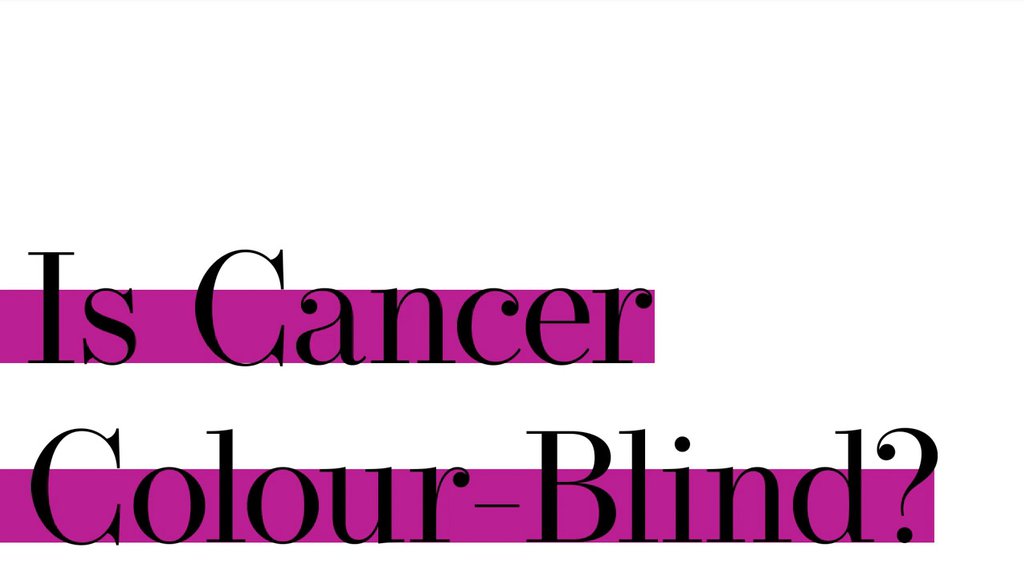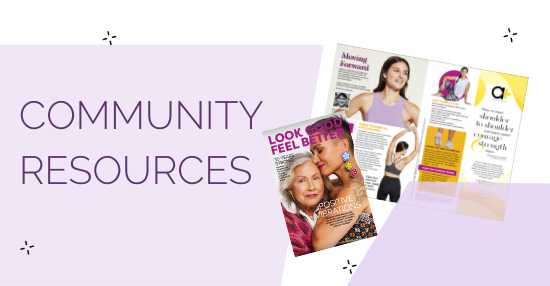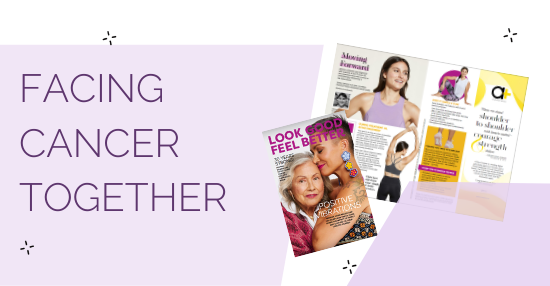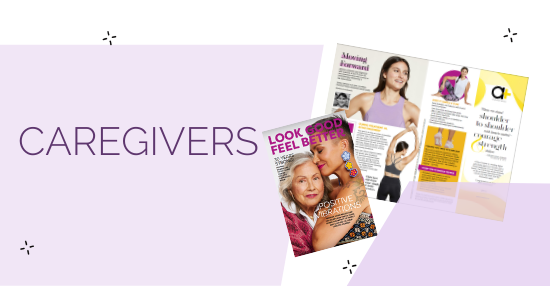 Proud to have LGFB listed as a community resource on the hub for Black women with breast cancer within the Women’s College Hospital website.
Proud to have LGFB listed as a community resource on the hub for Black women with breast cancer within the Women’s College Hospital website.
Women’s College partnered with The Olive Branch of Hope to launch Every Breast Counts – a first of its kind resource hub for Black women by Black women affected by breast cancer. The hub provides an extensive list of resources tailored specifically to the Black community, and was developed to help combat misogynoir in the healthcare system. Read more
 Black women and wigs
Black women and wigs
“Hair is an essential part of many women’s identities […], and so some women find hair loss quite damaging to their esteem and self-concept, and they can experience this hair loss in a way that’s similar to grief.” Read More
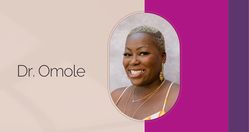 Reframing Cancer, Self-Advocacy and Finding Peace for BIPOC Women with Dr. Omole
Reframing Cancer, Self-Advocacy and Finding Peace for BIPOC Women with Dr. Omole
Being told you have cancer is hard. Not being able to discuss your diagnosis with loved ones or not being heard by your care team only adds undue stress to an already difficult time. For some women of colour, these experiences are all too real. We asked Dr. Mojola Omole, Surgical Oncologist, what they tell their patients to help mitigate these challenges. Read More
 What to Expect When You’re Not Expecting Keloids
What to Expect When You’re Not Expecting Keloids
Following surgery, scar tissue can form over the wound to protect and repair the skin. In some cases, extra scar tissue develops and forms a raised scar called keloids. While keloids are not harmful, they can cause concern and affect a person’s self esteem. Curious how to bring up keloids and scarring to your care team? Read More
 Shhh…Speaking Out When You’re Expected to Remain Silent
Shhh…Speaking Out When You’re Expected to Remain Silent
Karen Logan-Lenford was diagnosed with stage 3 breast cancer. What was her first order of business after beginning treatment? Speaking out about her diagnosis. Karen knew how important it was for her to be open and honest about cancer—a topic not many people of colour are comfortable approaching. Read More
